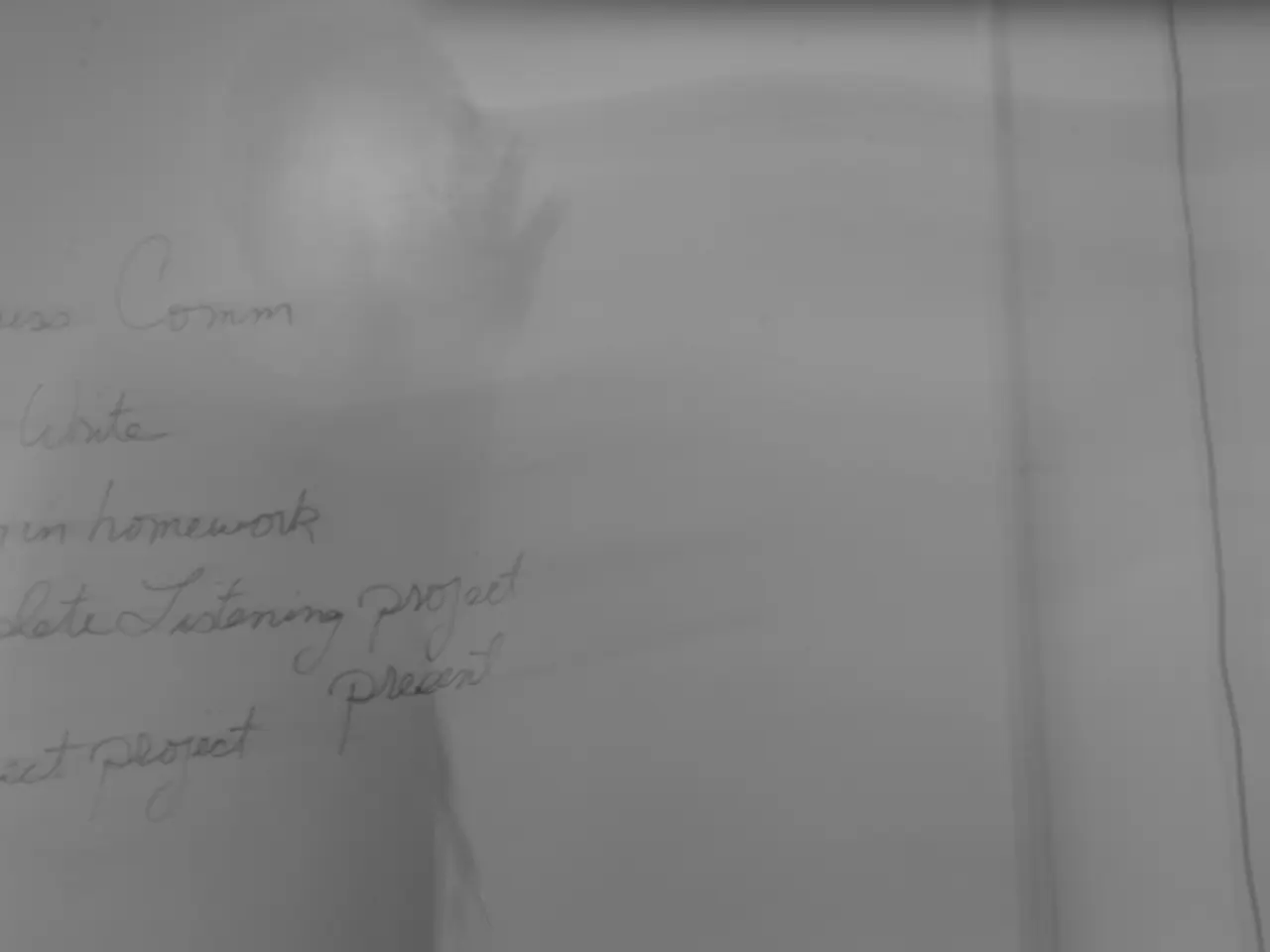Overindulge in Writing: The Exaggerated Perks of Marathon Scribbling
In the world of writing, a phenomenon known as "binge writing" has emerged. This term refers to intense, prolonged writing sessions often compressed into a short period. While it may seem appealing for its potential to boost productivity, new research suggests that binge writing can have both positive and negative long-term effects on creativity, productivity, and mental health.
Productivity-wise, binge writing might lead to bursts of high output when deadlines are tight or ideas flow intensely. However, frequent binge sessions can result in burnout, reduced writing quality, and inconsistent long-term productivity if recovery and balance are neglected.
Mentally, intense writing binges can be exhausting and may increase stress and anxiety, especially if motivated by pressure rather than inspiration. Over time, a lack of adequate rest or self-care between binges could lead to burnout, mood disturbances, or decreased motivation. On the other hand, writing can also be therapeutic and enhance well-being if approached mindfully.
Creatively, binge writing might initially surge due to immersion and flow states. However, repeated prolonged binges without breaks might deplete creative resources, leading to creative fatigue or diminished originality. Balanced writing routines that include rest tend to support sustained creativity better.
Despite the lack of empirical studies specifically on binge writing, the risks of such extreme, uncontrolled episodes on health and performance in other domains (e.g., drinking, eating) suggest that binge writing may have similar drawbacks.
Research on related cognitive and psychological impacts of intense work sessions or creative bursts reveals that binge writing is linked to less overall writing, fewer editorial acceptances, and higher scores on the Beck Depression Inventory. It is also associated with a sense of aversion to writing, procrastination, and even dread. Furthermore, binge writing is associated with fewer creative ideas for writing.
Waiting for big blocks of time to write can be counter-productive, and creative exhaustion from binge writing can make it feel as if the creative well has run dry, taking months or years to refill with new ideas. Recovery from burnout due to binge writing can take time, similar to recovery from creative wounds.
In conclusion, while binge writing may offer short-term gains, it appears that a balanced approach to writing, incorporating regular sessions and rest, might yield better long-term results for productivity, creativity, and mental health. The glamour of binge writing might be overrated, considering its potential negative effects on productivity and creativity.
Scripting frequent writing binges could potentially result in momentary productivity spikes, but neglecting recovery and balance might lead to burnout, diminished writing quality, and inconsistent long-term productivity. These intense sessions may have an impact on mental health, increasing stress and anxiety instead of providing therapeutic benefits.
Creative resources might deplete when writing binges are repeated without breaks, leading to creative fatigue or reduced originality. A better approach for sustained creativity would be balanced writing routines that include rest.
Binge writing's links to less overall writing, fewer editorial acceptances, higher depression scores, procrastination, and aversion to writing are supported by research on related cognitive and psychological impacts.
Adopting a balanced writing routine, which includes regular sessions and rest, could offer better long-term results for productivity, creativity, and mental health, challenging the glamour often associated with binge writing.




